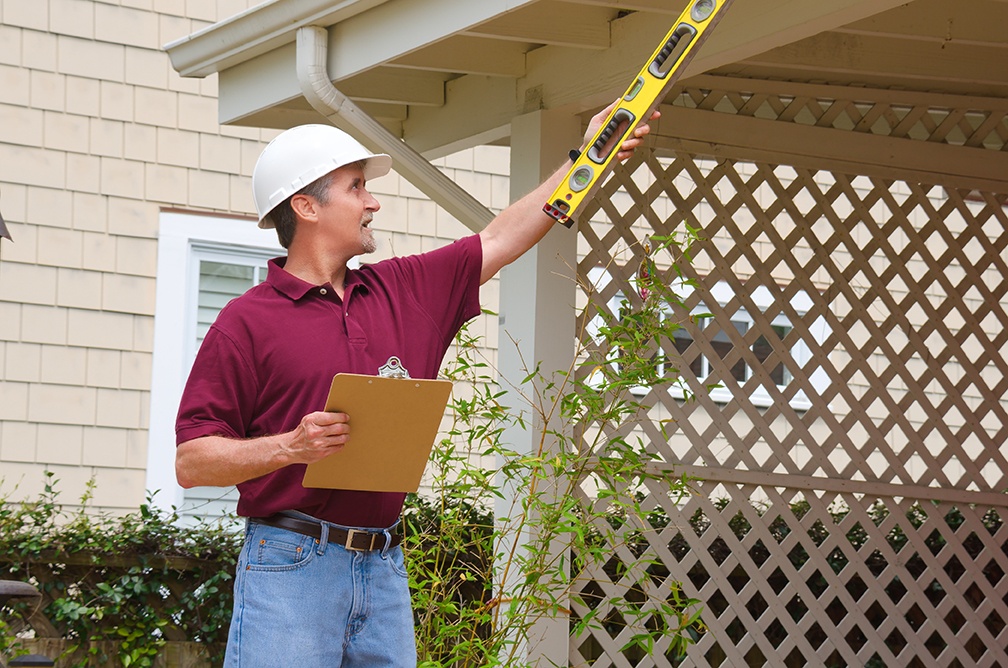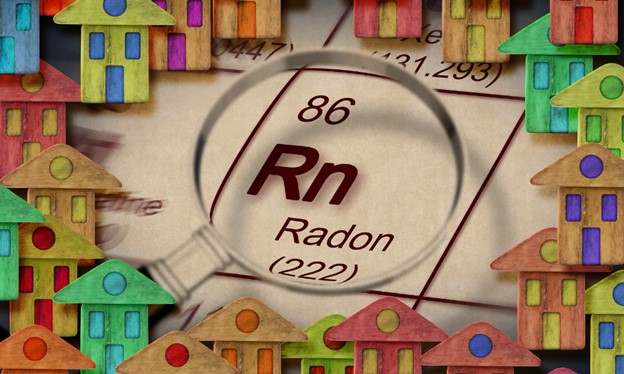 Living in an urban setting often means compromising on outdoor space. However, even the tiniest of balconies or patios can be transformed into inviting and functional outdoor retreats. With a bit of creativity and thoughtful planning, you can maximize your small outdoor space and create a beautiful oasis right outside your doorstep.
Living in an urban setting often means compromising on outdoor space. However, even the tiniest of balconies or patios can be transformed into inviting and functional outdoor retreats. With a bit of creativity and thoughtful planning, you can maximize your small outdoor space and create a beautiful oasis right outside your doorstep.
Choose the Right Furniture:
When it comes to small outdoor spaces, selecting the right furniture is crucial. Pieces that are compact, lightweight, and multi-functional. Along with folding chairs, stackable stools, and collapsible tables are excellent choices as they can be easily stored when not in use. Consider investing in furniture with built-in storage compartments, such as benches or ottomans, to maximize space efficiency.
Lighting Magic:
Proper lighting can transform any space, and small outdoor areas are no exception. Install outdoor lighting fixtures such as string lights, lanterns, or solar-powered LEDs to create a warm and inviting ambiance during the evenings.
Utilize Wall Space:
When every square inch counts, make the most of your vertical surfaces. Mount shelves, hooks, or wall organizers to hold small potted plants, lanterns, or decorative items. Wall-mounted foldable tables or bars can provide an additional surface for dining or working while saving valuable floor space
Cozy Seating Nooks:
Create cozy nooks or corners within your small outdoor space for intimate seating arrangements. Utilize corner spaces by adding small benches, cozy chairs, or hammocks.
Play with Colors and Patterns:
Incorporate vibrant colors and patterns to make your small outdoor space visually appealing. Choose colorful cushions, rugs, and accessories to inject personality into your balcony or patio. Stripes, geometric patterns, and bold prints can create an illusion of depth and add visual interest. Remember to balance colors and patterns with a cohesive theme to avoid overwhelming the space.
Maximizing small outdoor spaces is all about smart design choices and utilizing the available space effectively. By carefully selecting furniture, incorporating greenery, enhancing privacy, adding proper lighting, utilizing wall space, creating cozy seating nooks, and playing with colors and patterns, you can transform even the tiniest balcony or patio into a delightful outdoor retreat.
 Buying a new home is an exciting and significant milestone in anyone’s life. However, it’s essential to approach the homebuying process with caution and thoroughness to ensure that you’re making a sound investment. One crucial step in the homebuying journey is the home inspection. A home inspection is a comprehensive evaluation of a property’s condition, aiming to uncover any potential issues or concerns that could affect its value or safety. Below are some tips to remember when navigating a home inspection.
Buying a new home is an exciting and significant milestone in anyone’s life. However, it’s essential to approach the homebuying process with caution and thoroughness to ensure that you’re making a sound investment. One crucial step in the homebuying journey is the home inspection. A home inspection is a comprehensive evaluation of a property’s condition, aiming to uncover any potential issues or concerns that could affect its value or safety. Below are some tips to remember when navigating a home inspection. The bathroom is one of the most important and frequently used spaces in a home. Over time, it may start to show signs of wear and tear or become outdated. If you’re considering renovating your bathroom, one of the first decisions you’ll face is whether to tackle the project yourself or hire a professional. Both options have their pros and cons, and it’s essential to weigh them carefully before deciding.
The bathroom is one of the most important and frequently used spaces in a home. Over time, it may start to show signs of wear and tear or become outdated. If you’re considering renovating your bathroom, one of the first decisions you’ll face is whether to tackle the project yourself or hire a professional. Both options have their pros and cons, and it’s essential to weigh them carefully before deciding. Purchasing or selling a property is a significant financial transaction that involves numerous parties, legalities, and a substantial amount of money. To ensure a smooth and secure process, the real estate industry relies heavily on a mechanism known as escrow.
Purchasing or selling a property is a significant financial transaction that involves numerous parties, legalities, and a substantial amount of money. To ensure a smooth and secure process, the real estate industry relies heavily on a mechanism known as escrow. Homeownership is a significant milestone that comes with a sense of security and pride. Your home is not just a place to live but also a valuable asset that needs protection. Homeowners insurance provides financial coverage for unexpected events and damage that may occur to your property.
Homeownership is a significant milestone that comes with a sense of security and pride. Your home is not just a place to live but also a valuable asset that needs protection. Homeowners insurance provides financial coverage for unexpected events and damage that may occur to your property. The most important reason to check for dangerous home issues is to ensure the safety of you and your family. Leaving home issues unchecked can cause significant damage to your property and if you’re planning to sell your home in the future, it’s important to ensure that it’s free of dangerous issues that could affect its value.
The most important reason to check for dangerous home issues is to ensure the safety of you and your family. Leaving home issues unchecked can cause significant damage to your property and if you’re planning to sell your home in the future, it’s important to ensure that it’s free of dangerous issues that could affect its value. Creating a household budget can be a helpful way to track your spending and ensure you are meeting your financial goals. You will need to examine your fixed expenses that are the same each month, such as rent or car payments and your variable expenses that change each month, such as groceries or entertainment. Dealing with debt can be challenging but incorporating it into your budgeting strategy can help you regain control of your finances. Here are some steps you can take to effectively manage your debt while budgeting:
Creating a household budget can be a helpful way to track your spending and ensure you are meeting your financial goals. You will need to examine your fixed expenses that are the same each month, such as rent or car payments and your variable expenses that change each month, such as groceries or entertainment. Dealing with debt can be challenging but incorporating it into your budgeting strategy can help you regain control of your finances. Here are some steps you can take to effectively manage your debt while budgeting: Deciding whether to buy or build a house can be a complex decision that depends on several factors. Here are some pros and cons to consider:
Deciding whether to buy or build a house can be a complex decision that depends on several factors. Here are some pros and cons to consider: Buying land for a new home is a significant investment, so take your time, do your research, and make an informed decision. It’s essential to do your due diligence and research before buying land to build a new home. Here are some important things you shouldn’t forget:
Buying land for a new home is a significant investment, so take your time, do your research, and make an informed decision. It’s essential to do your due diligence and research before buying land to build a new home. Here are some important things you shouldn’t forget: Crafting a counter-offer that doesn’t scare away a potential home buyer can be tricky. Here are five tips to help you navigate the negotiation process while keeping the buyer interested:
Crafting a counter-offer that doesn’t scare away a potential home buyer can be tricky. Here are five tips to help you navigate the negotiation process while keeping the buyer interested: